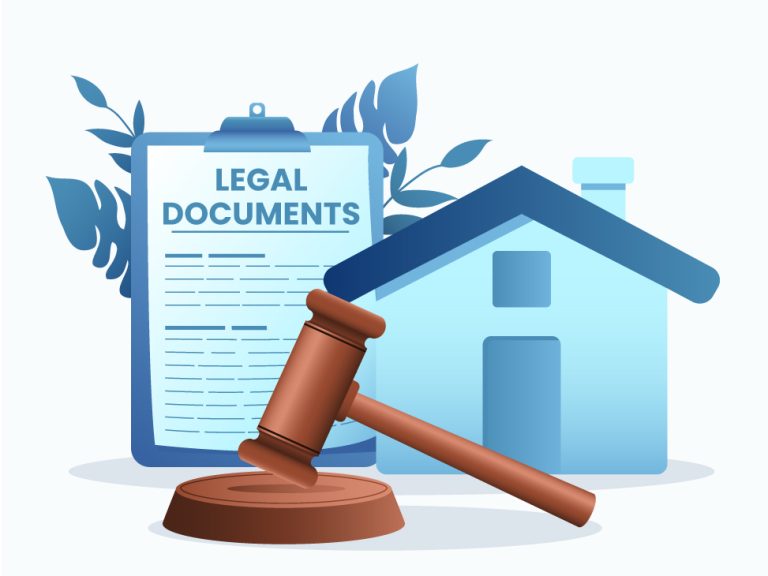Meenakshi Taheem
Last Updated on 6th February 2025

Meenakshi Taheem
Last Updated on 6th February 2025
Buying a home is one of the most significant investments individuals make in their lifetime. However, this dream can turn into a nightmare if the builder goes bankrupt. In India, numerous homeowners have faced this predicament, leading to financial distress and legal battles. This blog delves into the legal recourse available for homeowners when a builder goes bankrupt in India, offering a detailed guide on navigating these challenging situations.
Table of Contents
Bankruptcy in the real estate sector occurs when a builder or developer is unable to meet their financial obligations and is declared insolvent. This often results from mismanagement, economic downturns, or fraudulent activities. The insolvency process in India is governed by the Insolvency and Bankruptcy Code (IBC), 2016, which provides a structured framework for resolving insolvency and bankruptcy cases.
Suggested read: Legal Aspect of Home Loan
Suggested read: Legal Documents to Buy Property
Facing a builder going bankrupt can be daunting, but homeowners have several legal recourses available to protect their interests. By leveraging RERA, the IBC, the Consumer Protection Act, and other legal avenues, homeowners can seek justice and ensure their rights are upheld. Staying informed, united, and proactive is key to navigating these complex situations effectively. With the right approach, homeowners can mitigate their losses and work towards achieving their dream of homeownership, even in the face of such challenges.
Builder insolvency occurs when a builder or developer is unable to meet their financial obligations and is declared bankrupt, leading to a halt in construction and potential financial losses for stakeholders.
The costs associated with insolvency, including legal and administrative expenses, are typically paid from the assets of the insolvent builder. Creditors, including homebuyers, may recover their dues proportionally from the remaining assets through the insolvency process.
When your builder goes into liquidation in India, you can:
1.File a claim as a financial creditor under the IBC.
2.File a complaint with RERA.
3.Approach consumer courts for redressal.
4.Seek legal advice to explore options for recovering your investment or ensuring the project’s completion.
To get a refund, you can file a complaint with RERA, lodge a case in consumer court, or initiate insolvency proceedings under the IBC if the builder is declared insolvent. Ensuring you have all necessary documentation and seeking legal advice can help strengthen your claim.